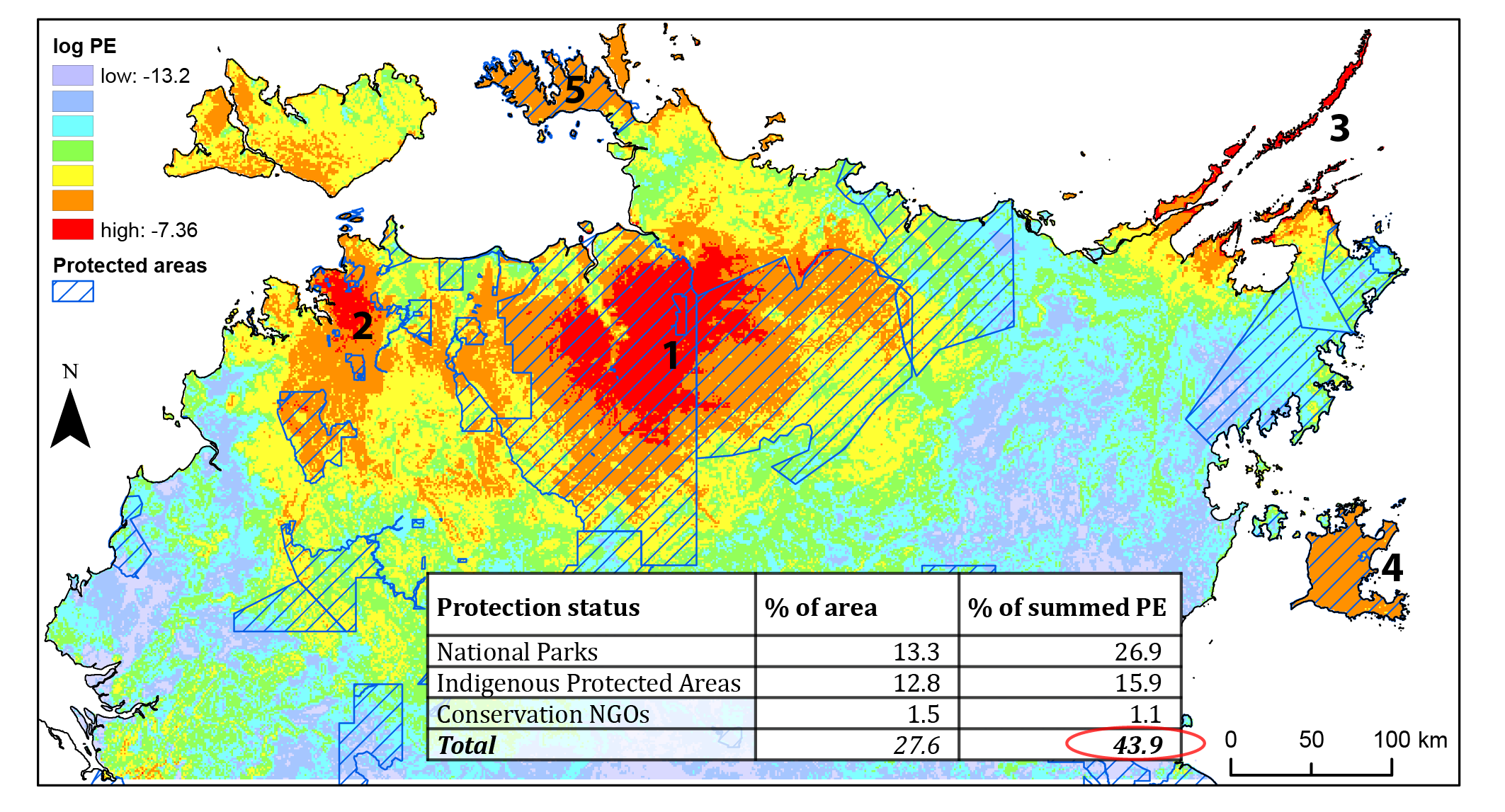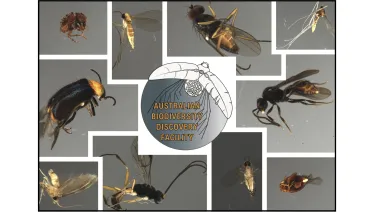Biodiversity in R: models and methods for spatial analysis
Spatial patterns of biological diversity are central to many aspects of ecology, evolution and conservation.
Speakers
Event series
Content navigation
RegisterDescription

Spatial patterns of biological diversity are central to many aspects of ecology, evolution and conservation.
Techniques for mapping, inferring and analysing the distribution of biodiversity are advancing rapidly, but it is rarely possible to learn and use the method just from reading the publications.
This workshop will take a broad view of different dimensions and metrics of biodiversity, including community composition, evolutionary relationships and their applications to a range of applied questions.
It will present students and researchers in biology and conservation with a range of recent techniques for analysing spatial patterns of biological diversity, including community and phylogenetic diversity.
The workshop will cover:
- The fundamentals of working with spatial data in R.
- Modelling community composition (e.g. generalised dissimilarity models).
- Using evolutionary relationships to study spatial diversity above and below species level.
Prerequisites:
- Basic understanding of ecological concepts.
- Basic skills in R needed, but no prior experience with spatial data in R is assumed.
- Some exposure to spatial models in biology (e.g. species distribution models) would be an advantage.
Target audience:
PhD students, postdocs, other researchers
There are a few things you need to do to be prepared:
- If you haven’t used R recently, brush up on your R skills. Revisit your old code, or find some exercises on the web.
- Make sure that R on your laptop is up to date. The current version is 3.3.
- Install a development environment. I think R Studio is the best around, but if you prefer something else, no problem.
- Install the R packages that we will be using through the workshop
- Optional reading – optional, but will help a lot! We will cover a lot of ground in the course, so any of these you can at least look at beforehand will help you to get more out of the workshop.
Workshop schedule:
Day 1 (1-5pm)
Introduction to spatial analysis in R.
This afternoon is optional if you are already familiar with using raster and vector data in R (please let us know at registration if you are planning to attend).
Day 2 (9am-5pm)
Introduction to biodiversity: measurement, modelling and spatial analysis.
Modelling community composition (e.g. generalised dissimilarity models).
Day 3 (9am-5pm)
Using phylogenies in mapping and analysis of biodiversity.
Lineage distribution models, phylogenetic endemism.
Registration:
- Cost $25 (includes morning and afternoon teas and lunches)
- Closes 18 Nov, 2016
ANU participants please note: We have been advised by ANU Finance that ANU staff and students shouldn't pay for ANU activities (which includes CBA events) using an ANU Purchase Card - you need to arrange a journal transfer. Please use the "Promotion code" CBA2016 when you register (this will allow you to register without a credit card) and then email Finance and ask them to do a journal transfer of $25 to the CBA's GLC S4151002 from your chosen GLC.
Location
Sciences Teaching Building Bldg 136, Linnaeus Way, Rm S2 (top floor), ANU




